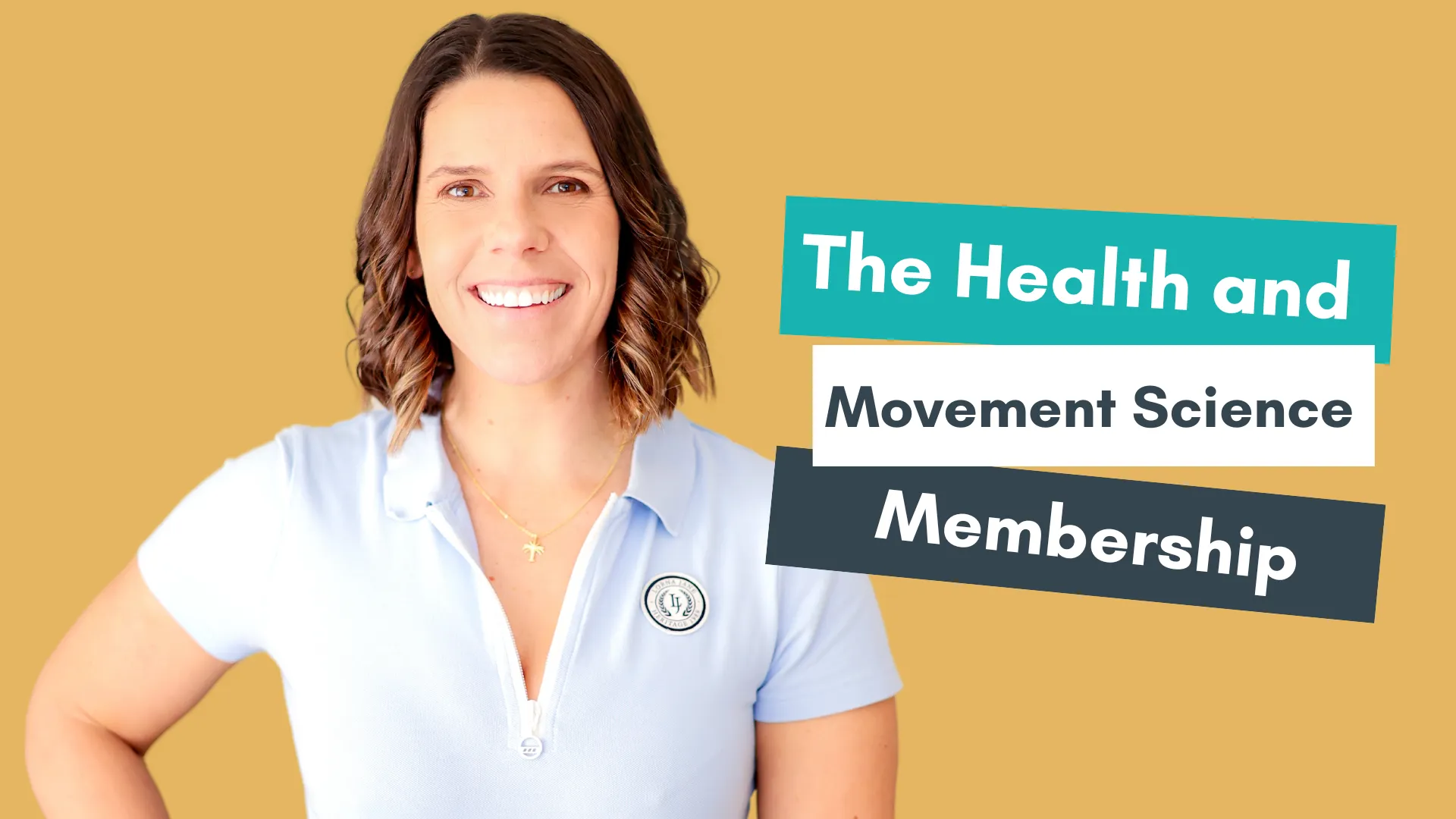How does training differ for individual and group sports?
Content Point Four
Discuss the factors that influence how strategies and tactics are applied to individual and group sportsnce
Example(s):
Environmental conditions.
Group strengths and weaknesses.
NESA Glossary of Key Words:
Discuss - Identify issues and provide points for and/or against.
Factors that influence how strategies and tactics are applied to individual and group sports
How does training differ for individual and group sports?
Content Point Four
Discuss the factors that influence how strategies and tactics are applied to individual and group sportsnce
Example(s):
Environmental conditions.
Group strengths and weaknesses.
NESA Glossary of Key Words:
Discuss - Identify issues and provide points for and/or against.
Nature of the Sport

How does training differ for individual and group sports?
Content Point Four
Discuss the factors that influence how strategies and tactics are applied to individual and group sportsnce
Example(s):
Environmental conditions.
Group strengths and weaknesses.
NESA Glossary of Key Words:
Discuss - Identify issues and provide points for and/or against.
Skill Level and Experience
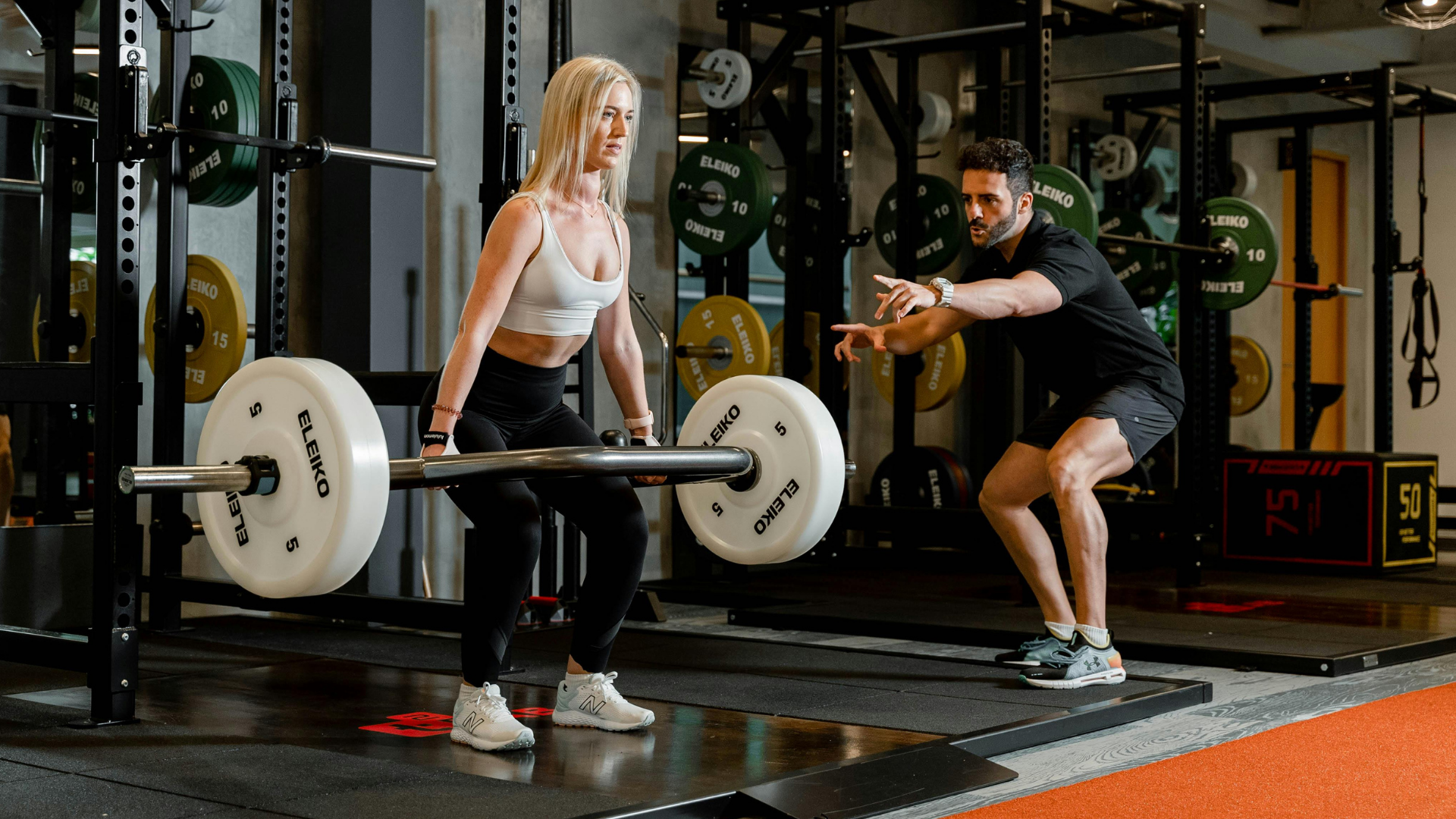
How does training differ for individual and group sports?
Content Point Four
Discuss the factors that influence how strategies and tactics are applied to individual and group sportsnce
Example(s):
Environmental conditions.
Group strengths and weaknesses.
NESA Glossary of Key Words:
Discuss - Identify issues and provide points for and/or against.
Environmental and Game Conditions

How does training differ for individual and group sports?
Content Point Four
Discuss the factors that influence how strategies and tactics are applied to individual and group sportsnce
Example(s):
Environmental conditions.
Group strengths and weaknesses.
NESA Glossary of Key Words:
Discuss - Identify issues and provide points for and/or against.
Opposition Strengths and Weaknesses
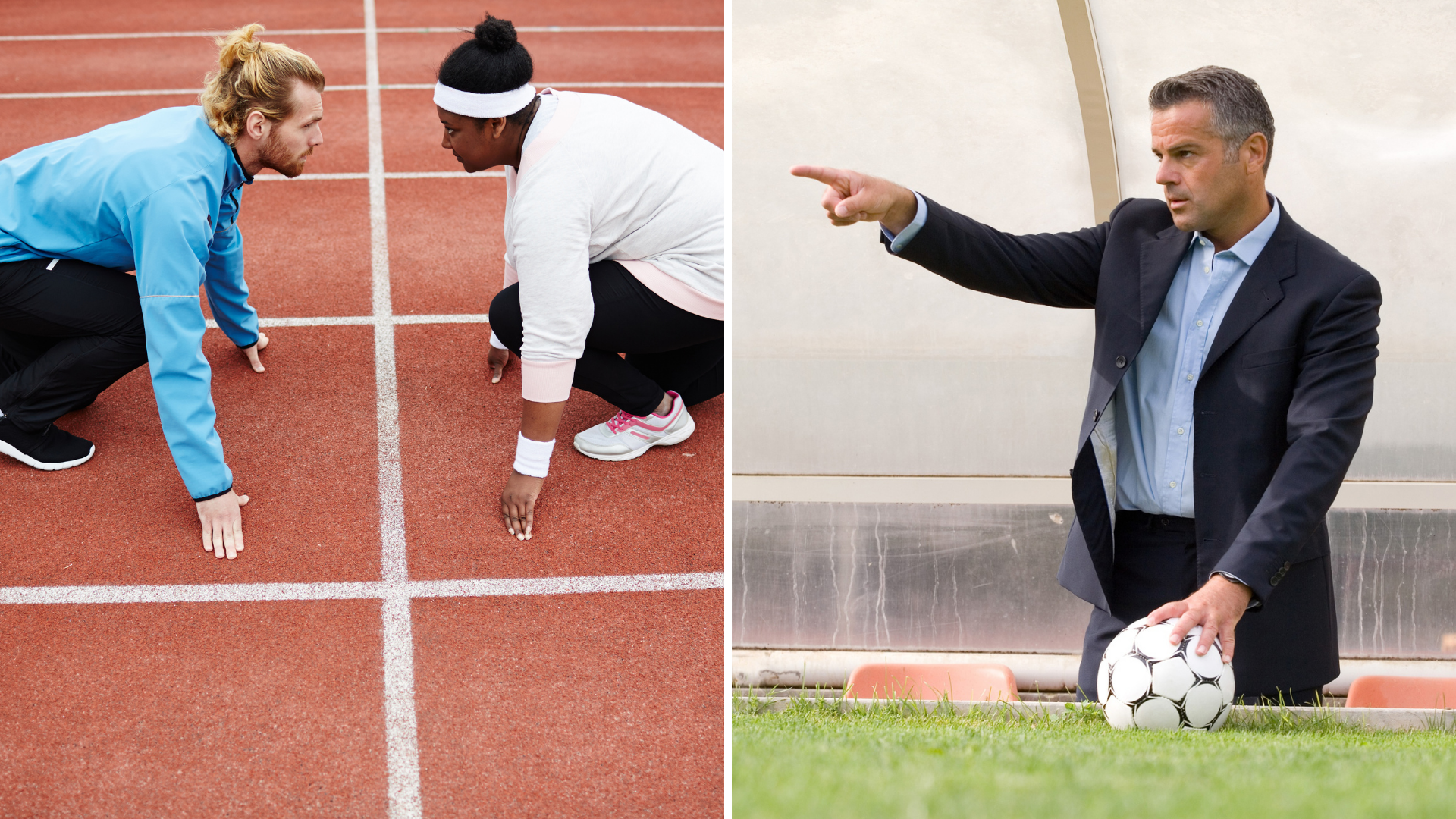
How does training differ for individual and group sports?
Content Point Four
Discuss the factors that influence how strategies and tactics are applied to individual and group sportsnce
Example(s):
Environmental conditions.
Group strengths and weaknesses.
NESA Glossary of Key Words:
Discuss - Identify issues and provide points for and/or against.
Psychological Readiness and Team Cohesion
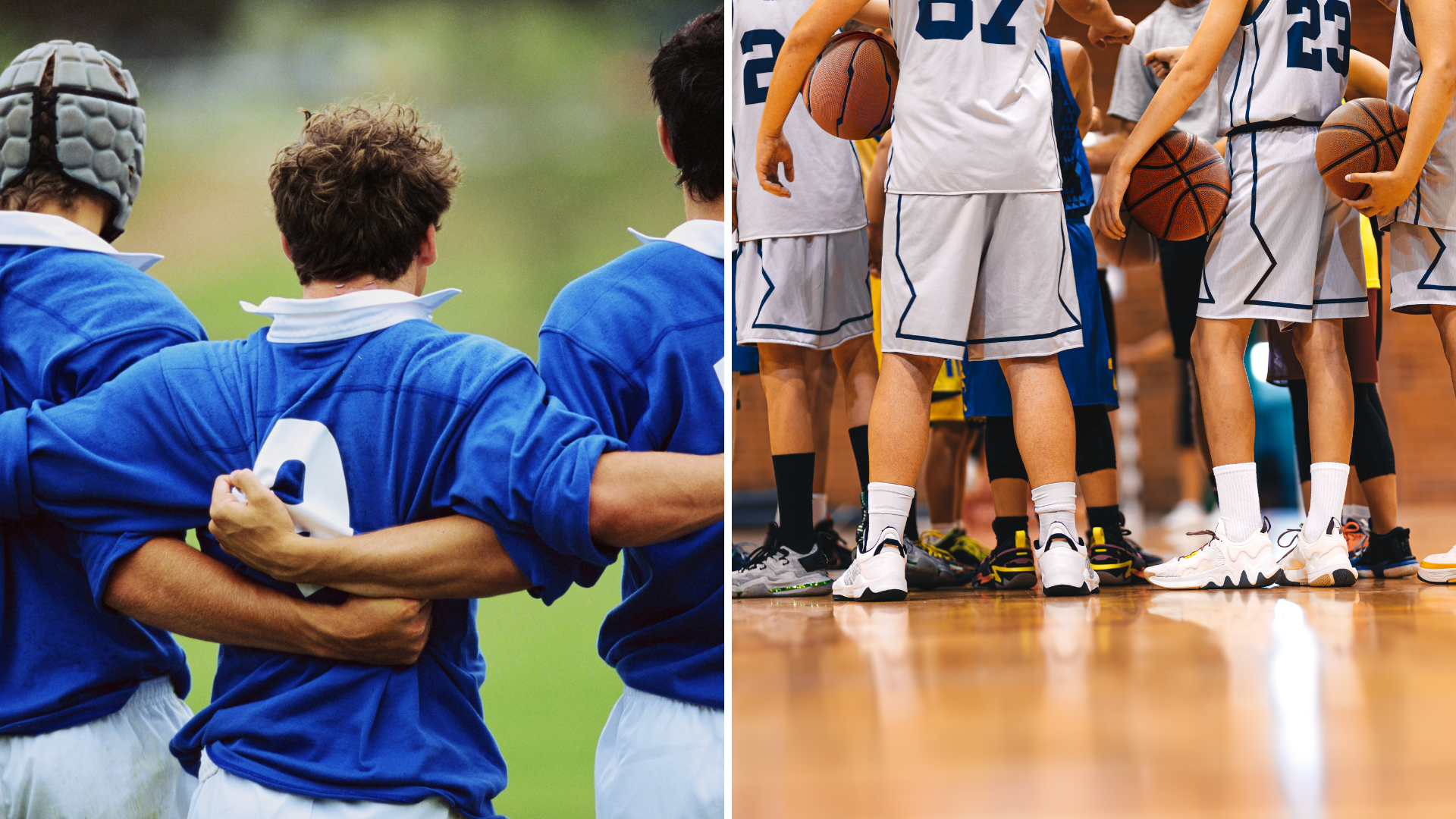
How does training differ for individual and group sports?
Content Point Four
Discuss the factors that influence how strategies and tactics are applied to individual and group sportsnce
Example(s):
Environmental conditions.
Group strengths and weaknesses.
NESA Glossary of Key Words:
Discuss - Identify issues and provide points for and/or against.
Communication and Feedback Mechanisms
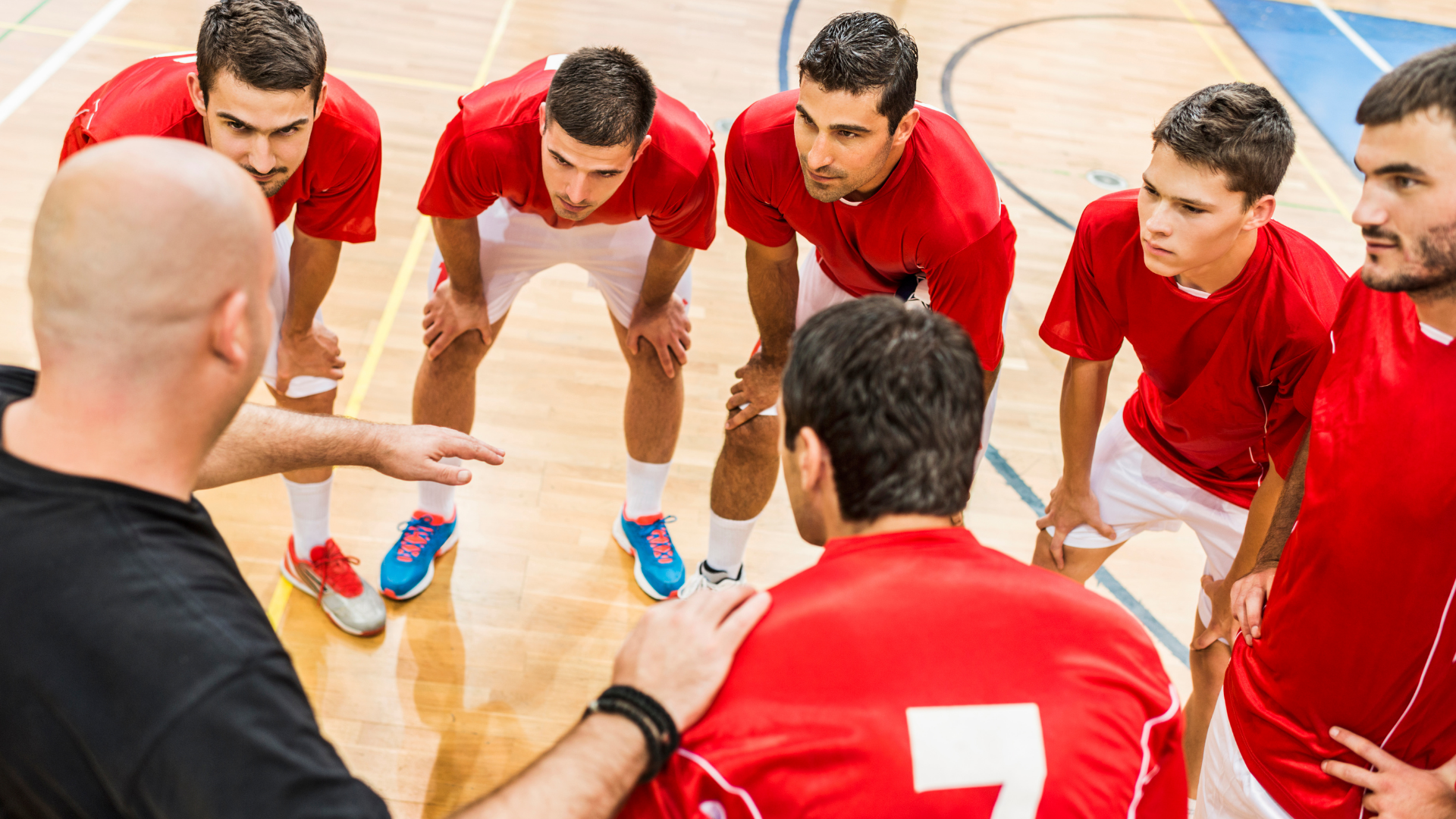
How does training differ for individual and group sports?
Content Point Four
Discuss the factors that influence how strategies and tactics are applied to individual and group sportsnce
Example(s):
Environmental conditions.
Group strengths and weaknesses.
NESA Glossary of Key Words:
Discuss - Identify issues and provide points for and/or against.
Physical Conditioning and Fatigue
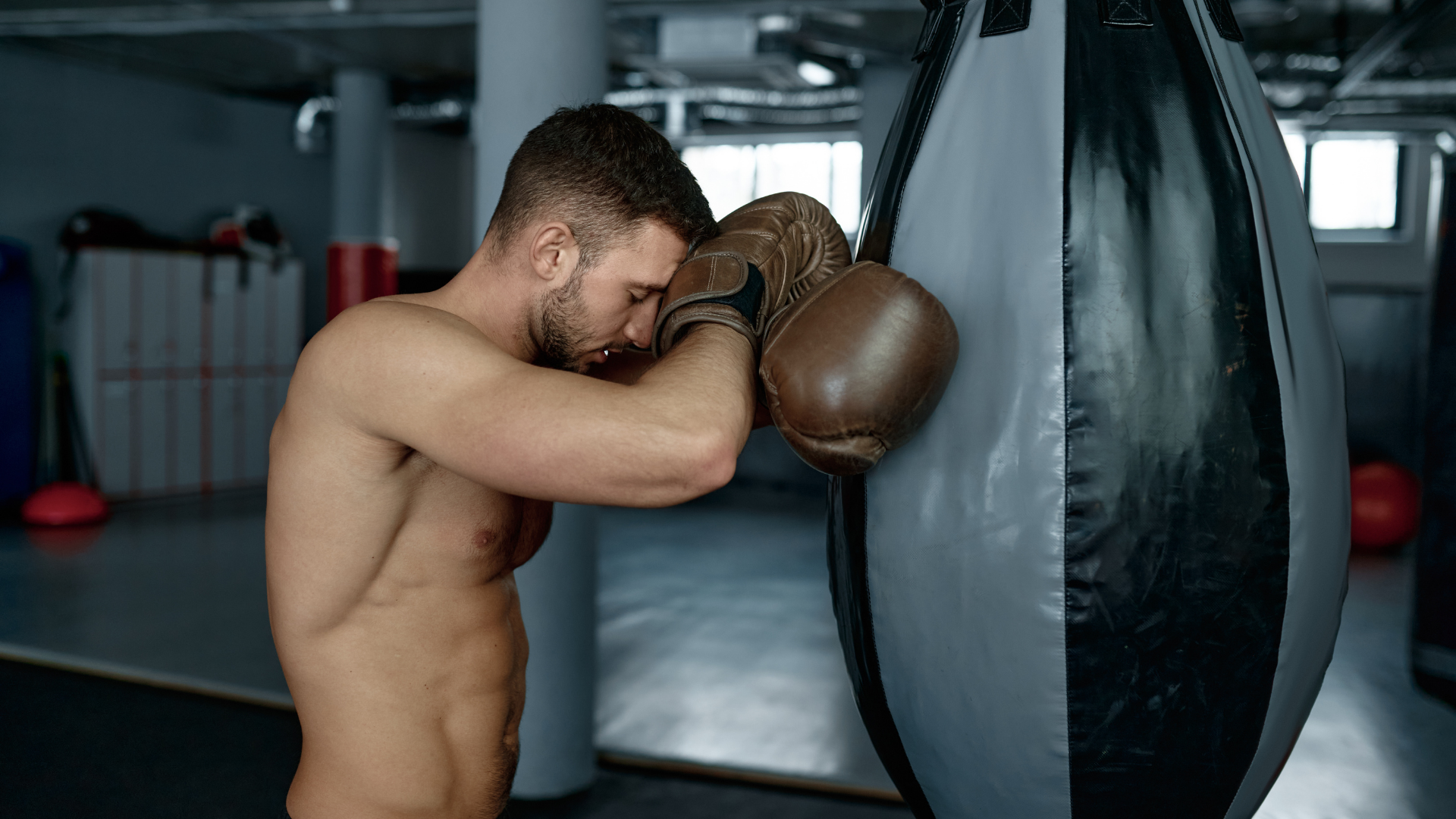
How does training differ for individual and group sports?
Content Point Four
Discuss the factors that influence how strategies and tactics are applied to individual and group sportsnce
Example(s):
Environmental conditions.
Group strengths and weaknesses.
NESA Glossary of Key Words:
Discuss - Identify issues and provide points for and/or against.
Rules and Structure of the Sport
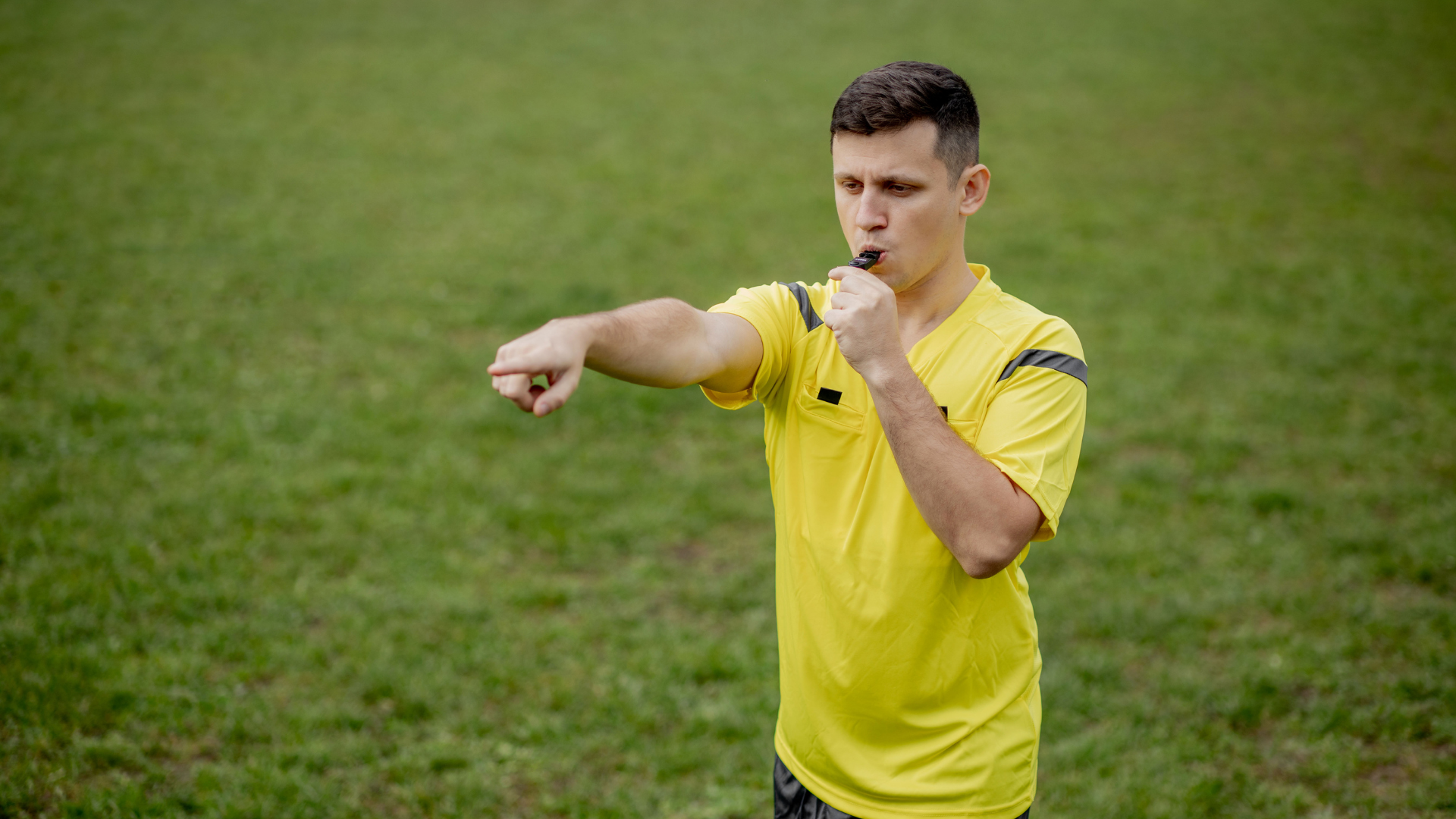
Learning Activities
1. Display this question: “What factors influence how strategies and tactics are used in sport?”
Individually, students brainstorm as many as they can in 2 minutes. In pairs, they compare and group their ideas into categories:
- Environmental conditions (weather, surface, altitude)
- Opponent analysis (strengths/weaknesses)
- Rules and game structure
- Team dynamics and communication
- Physical and psychological readiness
- Coaching philosophy or leadership
Share back as a class to build a comprehensive list.
2. Game Application - Netball. Students participate in a game of netball.
- During the game the teacher introduces a range of environmental or player constraints, for example:
- WA has been sent off
- It is raining heavily and the ball/court are slippery
- 10 passes must be made before a goal is scored
- The temperature has risen so more regular substitutions must be made to align with the heat policy
- Play normally for 5 minutes. Stop the game, introduce the constraint and brainstorm strategies that could be implemented in response. Teams discuss strategies they will use when the game resumes.
- Play for another 5 minutes with adjusted strategies.
Revision Questions
1. Describe environmental conditions that may impact the use of strategies and tactics in team sports.
2. Explain how group weaknesses may influence the success of strategies and tactics.
3. Analyse group strengths that may contribute to successful implementation of strategies and tactics.
4. Compare the impact of environmental conditions on the use of strategies and tactics in individual and team sports.
5. Propose strategies to allow the implementation of strategies and tactics in unfavourable environmental conditions.
Sample Answers
Sample answers coming soon.

